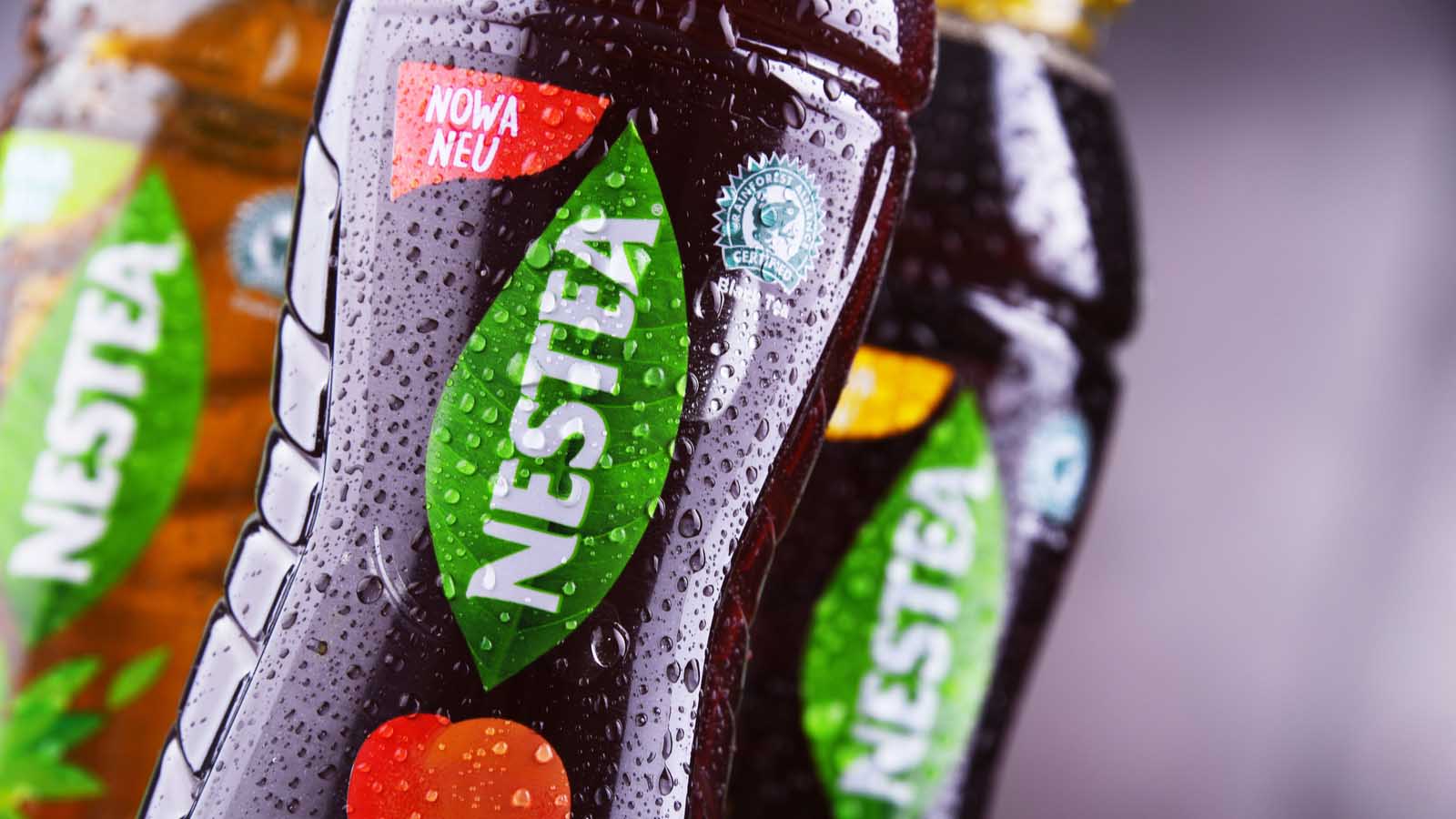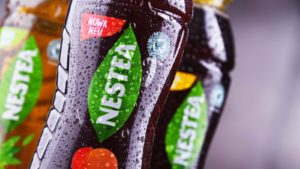On its face, New Age Beverages (NASDAQ:NBEV) stock looks somewhat intriguing. The shares have declined 80% from last year’s highs. On a price-revenue basis, New Age Beverages stock currently looks potentially cheap, and it has a CBD (cannabidiol) opportunity. And New Age posted enormous revenue growth and reached profitability, excluding some items, in the third quarter.
But upon closer examination, the case for NBEV stock falls apart in a hurry. NBEV’s Q3 earnings were much less impressive than its headline numbers suggest. Its underlying businesses don’t seem very attractive. Its current valuation can become attractive if New Age can start executing, but long-running concerns about its management make that a huge “if.”
I wrote earlier this year that there were too many questions surrounding NBEV stock to turn bullish on it, even with the shares near $3. With New Age Beverages stock below $2, the problem is starting to become that the answers to those questions don’t look all that promising.
Q3 Earnings Send NBEV Stock Lower
NBEV stock declined 11% after the company’s third-quarter earnings report last month — and with good reason. Again, on its face, the report looks impressive. The company’s revenue increased a whopping 427% year-over-year to $69.8 million. Its EBITDA (earnings before interest, taxes, depreciation and amortization), excluding certain items, moved to a modest profit from a $2.6 million loss the year before. Those numbers suggest a company moving in the right direction.
But, again, investors have to look closer. The revenue growth all came through acquisitions, as detailed in an SEC filing. Morinda, purchased a year ago, contributed $54.8 million in sales. Brands Within Reach, picked up in June, added $2.4 million of revenue.
The legacy New Age business posted sales of $12.6 million, about 5% below last year’s total. And its revenue should not be shrinking. New deals with the likes of Walmart (NYSE:WMT) and 7-Eleven (OTCMKTS:SVNDY) were supposed to drive higher sales.
As far as EBITDA goes, the news isn’t much better. Its adjusted EBITDA was $37,000 in the black. But New Age’s profits benefited from a $6.244 million reduction in potential payments to Morinda. Excluding that benefit, its EBITDA loss more than doubled year-over-year.
In some ways, it’s good that New Age will pay less cash to Morinda’s former owners. But the company would rather pay that cash: it owes less money to the former owners because Morinda has performed poorly out of the gate and thus has a much lower chance of reaching the targets needed to trigger the higher payments.
NBEV’s Q3 results simply weren’t good. And, to be blunt, NBEV doesn’t look like a good business right now.
Beyond the Numbers
At the moment, none of New Age’s three businesses looks attractive. Morinda has taken a big hit from increased regulations on multi-level marketers in China, a key market. As I noted in September, New Age talked up a combined business generating $20 million of adjusted EBITDA at the time of the acquisition. In 2019, adjusted EBITDA, excluding the lower-payment benefit, is negative $2.2 million. And that excludes over $5 billion of share-based compensation.
Management continues to talk up Brands Within Reach and installed the unit’s manager, Olivier Sonnois, as the head of the company’s North American business. But BWR’s sellers received just $500,000 for the business, which raises real questions as to how transformative it can be for New Age.
And the legacy business’ sales continue to decline after falling 7% last year. Its Marley CBD brand has gained little traction. Its deals with Walmart and 7-11 look disappointing.
Management concerns haven’t helped. Under CEO Brent Willis, New Age has overpromised and underdelivered going back to its optimism about its Bucha product, which has yet to really take off. The fact that Morinda was willing to sell itself for just four times its EBITDA, a dirt-cheap price, should have been an enormous red flag. New Age paid at least $63 million for a business that appears to be barely, if at all, profitable.
NBEV may have an opportunity. But investors are increasingly skeptical about the company’s ability to capitalize on that opportunity.
The Case for (and Against) NBEV
To be fair, it’s possible that New Age can turn itself around. In September, Willis said Morinda was performing better in China after the country’s regulatory crackdown had faded. BWR has added much-needed distribution reach. The core business has an agreement to evenly split royalties on sales of CBD products in the U.S. with a Canadian partner, and it still has some hope of expanding sales via deals with the likes of Walmart and 7-11.
Willis has been overly optimistic as New Age’s CEO, but he has an impressive resume, with stops at the likes of Kraft Heinz (NASDAQ:KHC) and Coca-Cola (NYSE:KO). Morinda’s CBD products in Japan are showing early success, according to the company, and it has other international opportunities as well. Backing out net cash, the price-revenue ratio of NBEV stock is below 0.5. That’s cheap multiple relative to other beverage stocks.
All that said, it’s hard to pick out NBEV as a good play on any trend at this point. Investors betting on CBD can look to Charlotte’s Web (OTCMKTS:CWBHF) or a larger cannabis name like Canopy Growth (NYSE:CGC). Its commentary about early returns in Japan has to be taken with a grain of salt. After all, Willis, speaking on the company’s Q1 earnings conference call, told investors, “the early read at Walmart so far is great.” Two quarters later, his CFO Gregory Gould was downplaying the Walmart deal, saying that “what happens with Walmart or 7-11 or an individual account within North America is…de minimis in terms of the overall financials of the firm.”
Simply put, even with NBEV stock heading toward last year’s levels, this is a company that needs to give investors something to grasp onto. Right now, it isn’t doing so.
Its three businesses all have problems. Questions about its management are are real and justified. Profitability seems distant. NBEV stock does look cheap relative to its revenue, but at least for now, it certainly should be cheap.
As of this writing, Vince Martin has no positions in any securities mentioned.

